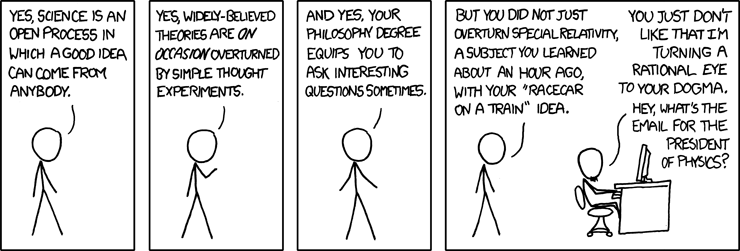Ross is a physics professor at UQ. He also has a blog which you should read. His interests are quantum physics and the intersection between theology and science.
Publication is important for the church
- Historically, evangelicals have ceded the academy to liberals and atheists.
- Publication is the key to the intellectual world. It is the currency of respectability in the academy. You have to be published to be taken seriously.
- Publishing leads to engagement with the broader culture. It is apologia and kategoria. If we want to be engaging in the crucible of ideas and knowledge you need to be getting published.
Publication is important for your college and denomination
- It maintains intellectual vitality.
- It keeps teaching content and research supervision abilities up to date.
- It raises the profile of a college and help in recruiting new staff and students.
- The process reduces isolationism and forces faculty to engage with other thinkers.
- It’s becoming increasingly important for government funding and accreditation of the Australian College of Theology.
Publication is important for you
- It maintains your own vitality.
- It puts your ideas out there for critique
- It helps maintain your employment (if you’re an academic).
Ross’s Guide to Peer Reviewed Publications
- Write a draft.
- Choose a suitable journal. If many references in your paper come from one journal then that’s probably a suitable publication. Electronically available journals are preferable, especially journals available in tertiary institutions. Narrow journals with small audiences aren’t ideal. The Australian Research Council ranks journals.
- Put the article in the format of the journal.
- Ask a colleague who has published in that journal, or a similar one, to give feedback. Take that feedback on board.
- Submit it.
- The most likely responses are: rejection, or a request to resubmit.
- If you’re rejected make the changes and submit it elsewhere. Keep repeating steps 2-6. If changes are requested make them. Swallow your pride.
- Don’t give up.
Peer review may help reduce self delusion and sloppy thinking – Richard Dawkins hasn’t published a peer reviewed paper for 30 years.
